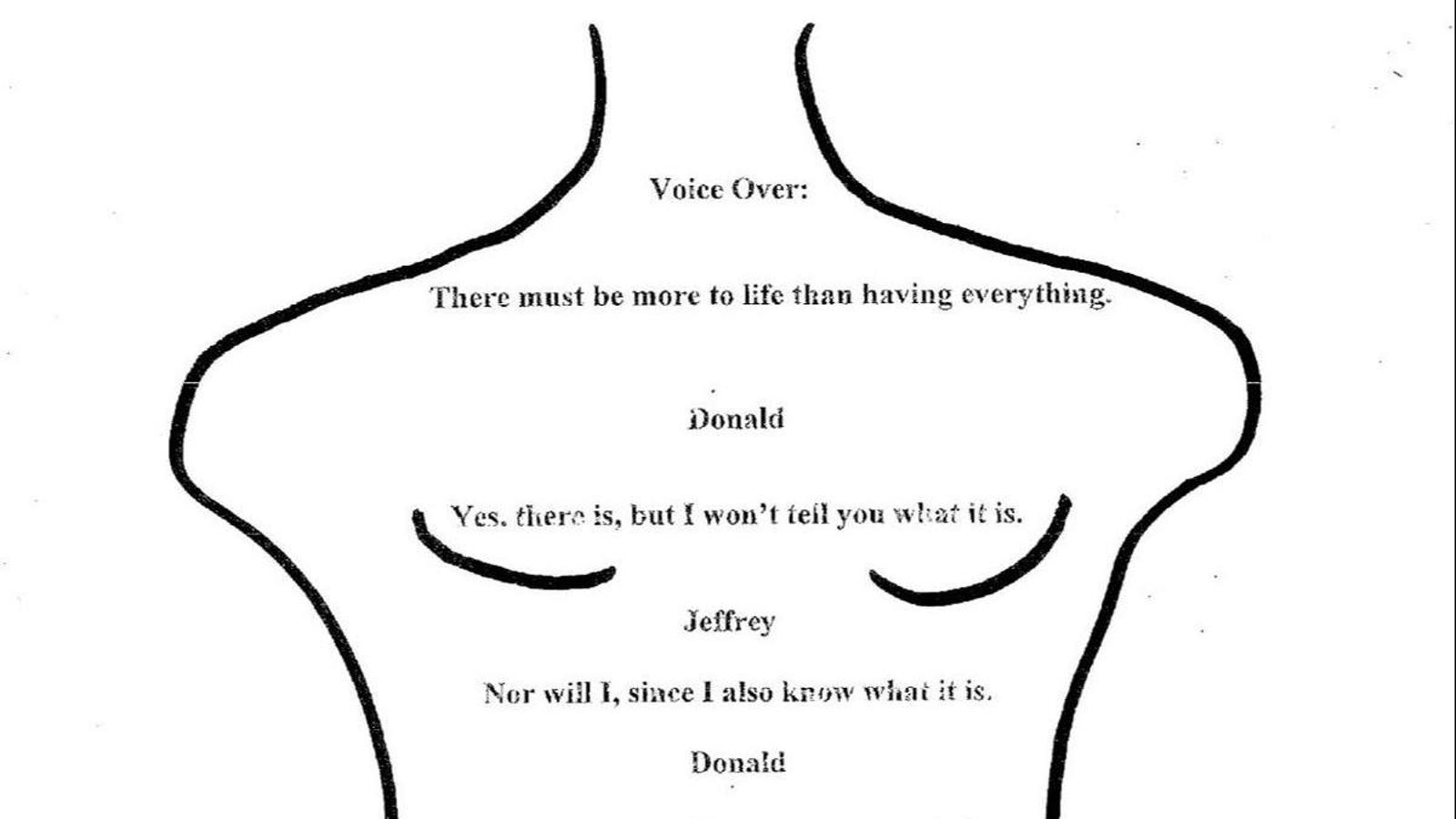

The same week that Trump's congratulations to Jeffrey Epstein were made public, unleashing a wave of anger among some of his supporters, a ruling was also upheld requiring the US president to pay $83 million to journalist E. Jean Carroll, whom he sexually assaulted in 1996. On the latter point, regarding the sexual violence committed by Trump, the far right does not seem to have felt the need to comment. Those who condemn the president for his friendship with a pedophile, while dismissing the female witnesses who accuse him of sexual assault, are suffering from a peculiar case of selective outrage.
As Emma Brockes writes in The Guardian, "The only female victim worth defending in Trumpland is the lost girl, a figure straight out of a Victorian lithograph." Little girls, anonymous young women, daughters of men whose honor is damaged. Epstein's victims are a symbol for the far right, an image to fill with aspirations of masculine nobility. Carroll, however, is a grown woman, an author with her own opinions and voice, published and progressive. She doesn't function as a damsel in distress; rather, she embodies the nightmare of every incel with castration complex.
The Epstein case has brought Democrats and MAGA activists together in a strange confluence. They are united by a common scandal, but not necessarily by the same discourse. On the one hand, there is condemnation of sexual assault, pedophilia, patriarchal impunity, and the disdain for witnesses of victims of sexual violence. On the other hand, and without wishing to overlap too much with the neighboring discourse, there is fury against the establishment, the resentment that overwhelms members of the far right, convinced they live in a system that deceives them, suffocates them, and robs them of a past glory. However, they do not want justice. Or at least not a justice that brings peace and encourages coexistence. Instead, they want a very different kind of justice: that of grievance.
The justice of grievance is a justice that seeks to turn revenge into both a means and an end, and to entrench the aggrieved subject in a position of constant damage. Winning, in this logic, is not about finding rest, but about confirming that the evil is as grave as believed, that the enemies are so evil that one is a victim and not a paranoid, as one has been told so often, and that rights one once enjoyed have truly been taken away. It may seem that the ultimate goal is to regain these rights, but the logic of grievance doesn't go that far; it is enough to note that these rights were there, that they exist in the form of a loss. Like a ghostly possession, this is how the justice of grievance can be described.
This position clashes head-on with another justice system that is especially pertinent in relation to the Epstein case: the feminist justice of reparation. It is structured by a central concern: how to move away from the logic of punishment and move toward reparation. That is, how to stop thinking about the punishment the attacker should receive and, instead, think about what the victim needs to navigate the pain and continue living; but also about what communities, made up of victims, attackers, testimonies, family members, etc., need to coexist and learn from what happened.
The press conference held in early September outside the Capitol, where Epstein's victims read their testimony, is an ambivalent scene, caught somewhere between these two justice systems. It's hard not to view with a certain cynicism the display of staunch feminists that have sprung up from under the rocks following the eruption of the Epstein case. Republican Marjorie Taylor Greene, whom columnist Michelle Goldberg was ticking In these pages of the MAGA sphere's "poster of populist paranoia," he has announced that he will appear before the House of Representatives to read the list of names that the victims themselves are compiling to identify people linked to Epstein.
"The potential for unfounded accusations if this ends up being done seems obvious," Goldberg writes. "But this is what happens when the justice system fails and the government refuses transparency." So that's it? Is this a fair alternative? The victim as a wild card, like an ace that providentially appears in the deck of cards and allows the tables to be turned. This is how the division between good and bad victims is entrenched; that is, between victims who are useful and victims who are not. Women like E. Jean Carroll, or the dozens of women who have denounced abuse and assault by Trump, are among those discarded. Meanwhile, the aggravated continue to stew in their pool of bile.

